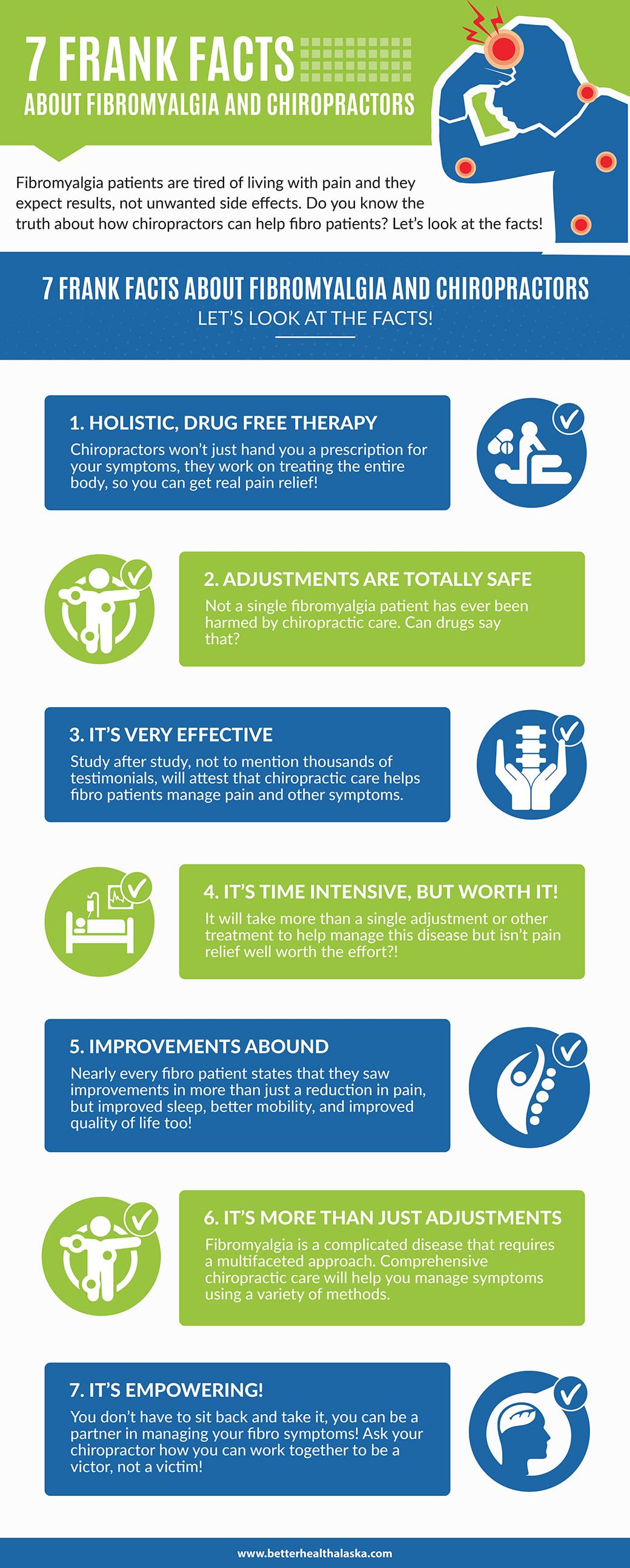Interested In Figuring Out The Variety Of Cold Laser Treatment Sessions You Will Call For?
Interested In Figuring Out The Variety Of Cold Laser Treatment Sessions You Will Call For?
Blog Article
Content By-Weiss Eason
When considering cold laser treatment, you could question the variety of sessions needed to see outcomes. The response isn't one-size-fits-all; it depends upon various factors one-of-a-kind to your scenario. Understanding the normal series of sessions and exactly how treatment strategies can be tailored to your particular requirements is important for achieving optimum outcomes. So, as you embark on your cold laser therapy trip, remember the significance of customized treatment and the aspects that affect the session frequency.
Aspects Influencing Session Frequency
To establish the ideal frequency for your cold laser treatment sessions, take into consideration factors such as the intensity of your problem and your body's response to therapy.
For more severe or chronic conditions, you may take advantage of even more regular sessions at first to target the problem area efficiently. Your body's response plays a critical role; if you see renovations after each session, spacing them out might be appropriate. However, if progression is slower, more regular sessions could be required.
Your total wellness and way of living additionally effect session frequency. If you have a busy timetable or discover it challenging to make time for therapy, less, much longer sessions might be extra useful. On the other hand, if you can devote to normal much shorter sessions, this could be a lot more helpful.
Interact freely with your doctor to analyze your development and readjust the frequency as necessary. Bear in mind, the goal is to find an equilibrium that optimizes your therapy end results while fitting your individual requirements.
Normal Number of Sessions
Take into consideration the normal number of sessions needed for cold laser therapy based on your problem's extent and therapy response. Usually, for intense problems like sprains or stress, you may need between 6 to 12 sessions to experience considerable relief. Chronic conditions such as arthritis or neuropathy might call for a more extended therapy plan, frequently varying from 10 to 30 sessions.
The frequency of sessions can additionally impact the total number needed. Originally, you might've sessions several times weekly to kickstart the healing process. As your problem boosts, the frequency may decrease to as soon as a week or bi-weekly.
Your body's feedback to treatment plays a vital role in determining the overall variety of sessions needed. laser therapy at home react rapidly to cold laser therapy and might need fewer sessions, while others may need more to attain the preferred outcomes.
Personalizing Treatment Strategies
Tailoring treatment strategies to individual needs and feedbacks is necessary in maximizing the performance of cold laser therapy sessions. By tailoring therapy plans, healthcare providers can deal with details worries, target problem locations much more accurately, and readjust the regularity and intensity of sessions to suit each individual's special needs.
Aspects such as the intensity of the problem being dealt with, the person's total wellness status, and their action to previous sessions all play an essential function in figuring out the most reliable therapy strategy.
Customizing therapy plans likewise enables doctor to adjust to modifications in the person's problem in time. As people progress through their cold laser therapy sessions, their reaction to therapy may evolve, requiring modifications to ensure continued renovation.
Verdict
In conclusion, the variety of cold laser treatment sessions you need depends upon the extent and chronicity of your condition.
It's important to work closely with your doctor to personalize a treatment plan that satisfies your individual needs.
By monitoring your body's feedback and adjusting session regularity as needed, you can accomplish the best results and experience remedy for your signs and symptoms.
